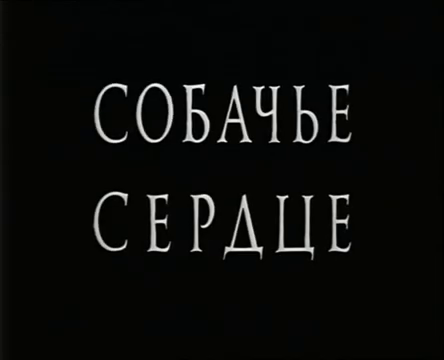
#593 – Heart of a Dog (1988)

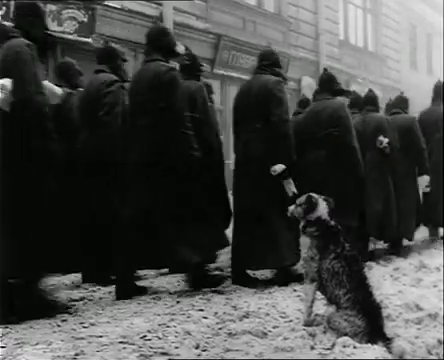
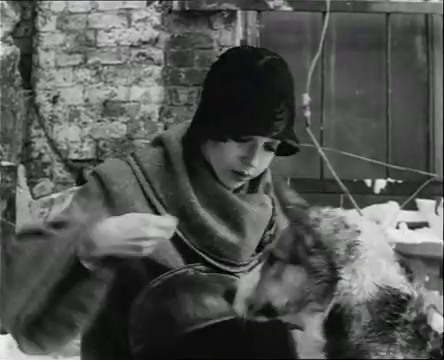
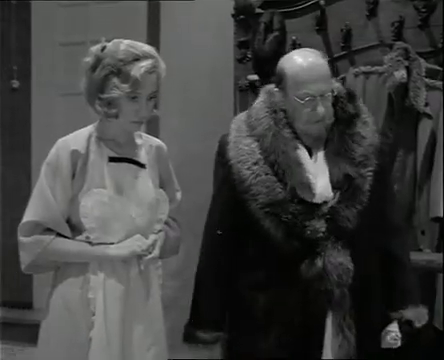
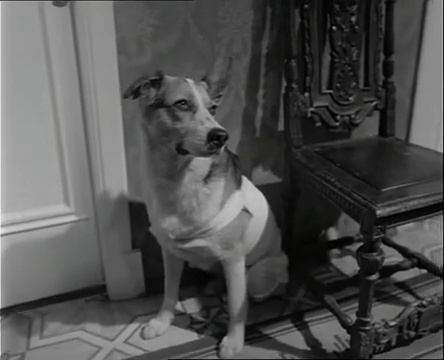
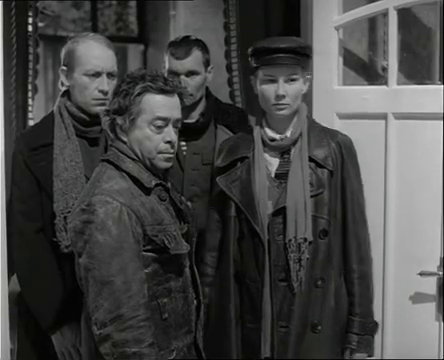
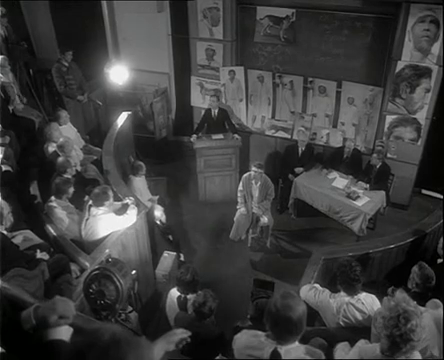
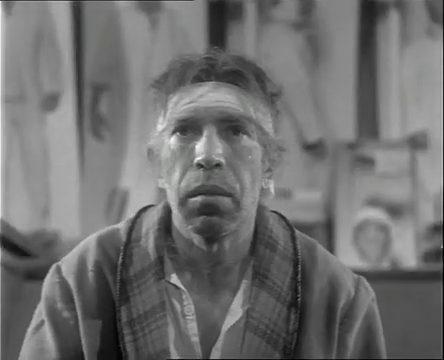
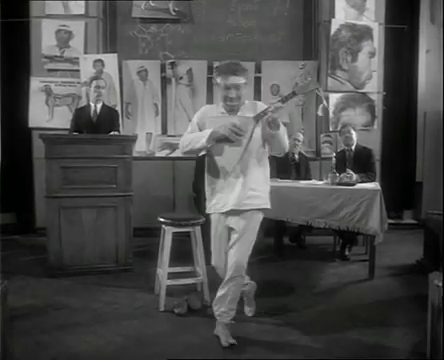
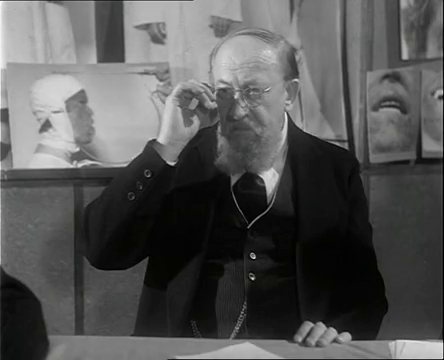
Heart of a Dog (1988)
Film review #593
Director: Vladimir Bortko
SYNOPSIS: A stray dog living on the streets of Moscow not long after the October Revolution is taken in by a surgeon. However, the surgeon intends to use the dog as part of an experimental procedure to turn him into a human being, transferring the pituitary gland and testicles of a recently deceased man into the canine. The experiment becomes a success and the dog becomes almost human, but he is not the person that the Professor intends him to be, and their differences start to quickly show…
THOUGHTS/ANALYSIS: Heart of a Dog is a 1988 film based on the 1925 book of the same name by Mikhail Bulgakov. The book was rejected for publication in the Soviet Union due to its allegorical critique of the communist revolution. The book was eventually released in 1987, and quickly became a phenomenon in the Soviet Union, which was now moving away from the communist practices through its reforms. This made-for-TV movie was released a year later to similar applause. In the beginning, we see a stray dog wandering the streets, hungry and alone, and his situation does not seem much better than the regular people on the streets, making the point that people’s lives did not really get much better for ordinary people after the October Revolution. The beginning of the film is bleak, make no mistake, but this again is by design, and you’ll need to stick with it if you want the tone to change. The dog, named Sharik, is found by a bourgeois Professor and surgeon named Philip Philippovich Preobrazhensky, and he takes him home. However, Philip has plans for the dog in an experimental new procedure in which he will transplant the pituitary gland and testicles of a recently dead man into the dog to observe its effects. What occurs is the dog starts to slowly morph into a human in a scientific breakthrough. The results of this, though, are that Sharik is far from the bourgeois Philip in terms of his behaviour and mannerisms, setting up humourous and allegorical conflict between the two. The science-fiction element of the film is not really the focus of the plot, but rather again serves as an allegorical device for the author’s criticisms of class and revolution.
One key thing to note about the film is that it is deeply entrenched in the time and place it was written: if you have no idea about the Soviet Union, the October Revolution, and the like, a vast chunk of this film is going to pass you by. Professor Philip, an ‘enlightened’ bourgeois is horrified as Sharik turns out to be a worker (which perhaps shouldn’t be surprising as he is/was a stray dog), but as this enlightened individual, never considers violence as an option, lest he become like the proletariat he dislikes so much. As mentioned, the original novel is more critical of the workers and their revolution, and pokes fun at them also, with their committees and constant need to break into songs about the revolution at every given opportunity. No one really escapes being poked fun of in the film, but again, it’s all very much rooted in the time and place it is set, so those outside of it aren’t going to get all of the small references and critiques.
This film is noted for its faithful adaptation of the original novel: it leaves nothing out, and only changes a few small details. The acting is solid, and the characters, while obviously exaggerated versions of the class archetypes they are meant to represent, don’t stray to far into being cartoonish, allowing the film to retain a sense of realism and relatability. Likewise, the comedy is drawn out through the character’s being constantly at odds at each other, and their own ideologies being their undoing, rather than a laugh-out-loud type of humour. In terms of production, the acting is solid, even the dog is played by an “acting dog” who had played in numerous films. Everything about the production is professional, and it’s difficult to find any significant flaws in the film as a whole. The enjoyment of Heart of a Dog certainly depends on how much you know about the context and setting of the film: there’s so many slight references and nuanced moments that entrench it so deeply in the early days of the Soviet Union, but the larger beats of the film do have enough for unfamiliar viewers to latch onto, and a high-quality production overall makes it an interesting and enjoyable film.

